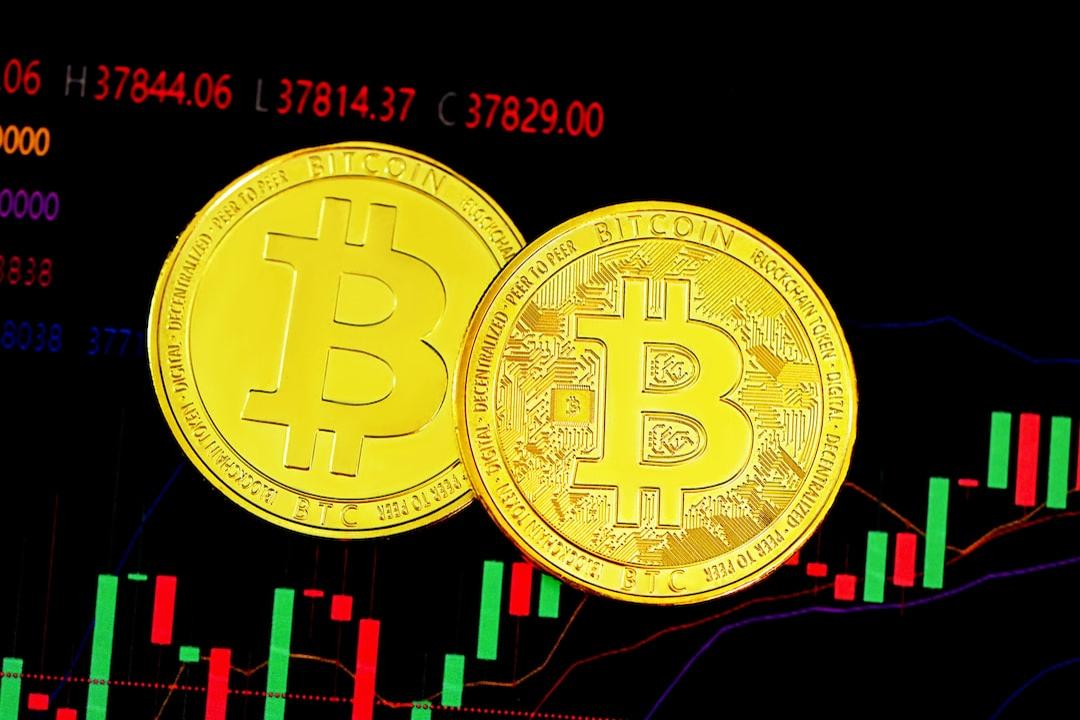Brad Garlinghouse, the CEO of Ripple, believes that the cryptocurrency industry could experience an unprecedented surge when real institutional money from the U.S. economy starts flowing in. Garlinghouse shared this insight during the 2024 Consensus conference, where he was asked to share his thoughts on the future trajectory of the crypto industry.
Expressing his concerns about the current market position of the U.S. and its unfavorable stance towards crypto firms, Garlinghouse pointed out that the U.S. ranks among the lowest in terms of having clear regulatory frameworks globally. This is surprising, considering the U.S. is known for having the world’s largest economy.
In contrast, jurisdictions like Hong Kong, UAE, Singapore, and Europe have made significant progress in establishing crypto regulations, which has led to increased innovation in the sector. Garlinghouse emphasized that if the U.S. opened its doors to allow substantial institutional investments in the crypto market, the potential for growth would be immense and hard to predict.
Notably, public U.S. institutions such as MicroStrategy, Marathon Digital Holdings, Tesla, and Coinbase Global have already started investing in Bitcoin, with MicroStrategy alone holding a Bitcoin portfolio exceeding $14 billion. Leading ETFs like BlackRock and Grayscale also hold significant amounts of Bitcoin, collectively valued at over $20 billion.
With the total market value of the crypto industry surpassing $2.53 trillion, Garlinghouse believes that the value could reach unimaginable heights in the future. In a bold prediction, he suggested that a $5 trillion valuation is possible by the end of the year, citing factors such as the decreasing supply of Bitcoin and increased demand from ETFs.
It is important to note that the information provided in this article is for informational purposes only and should not be considered financial advice. Readers are advised to conduct their own research before making any investment decisions. The opinions expressed are solely those of the author and do not necessarily reflect the views of The Crypto Basic.

